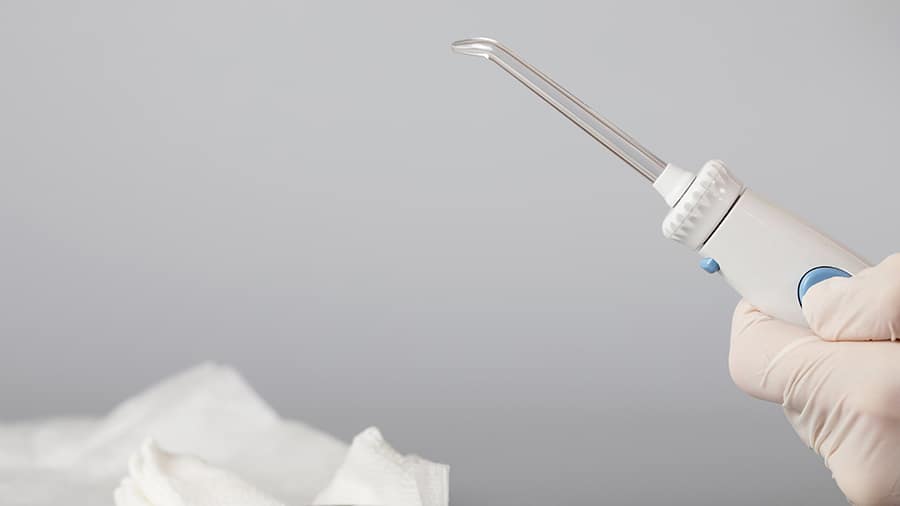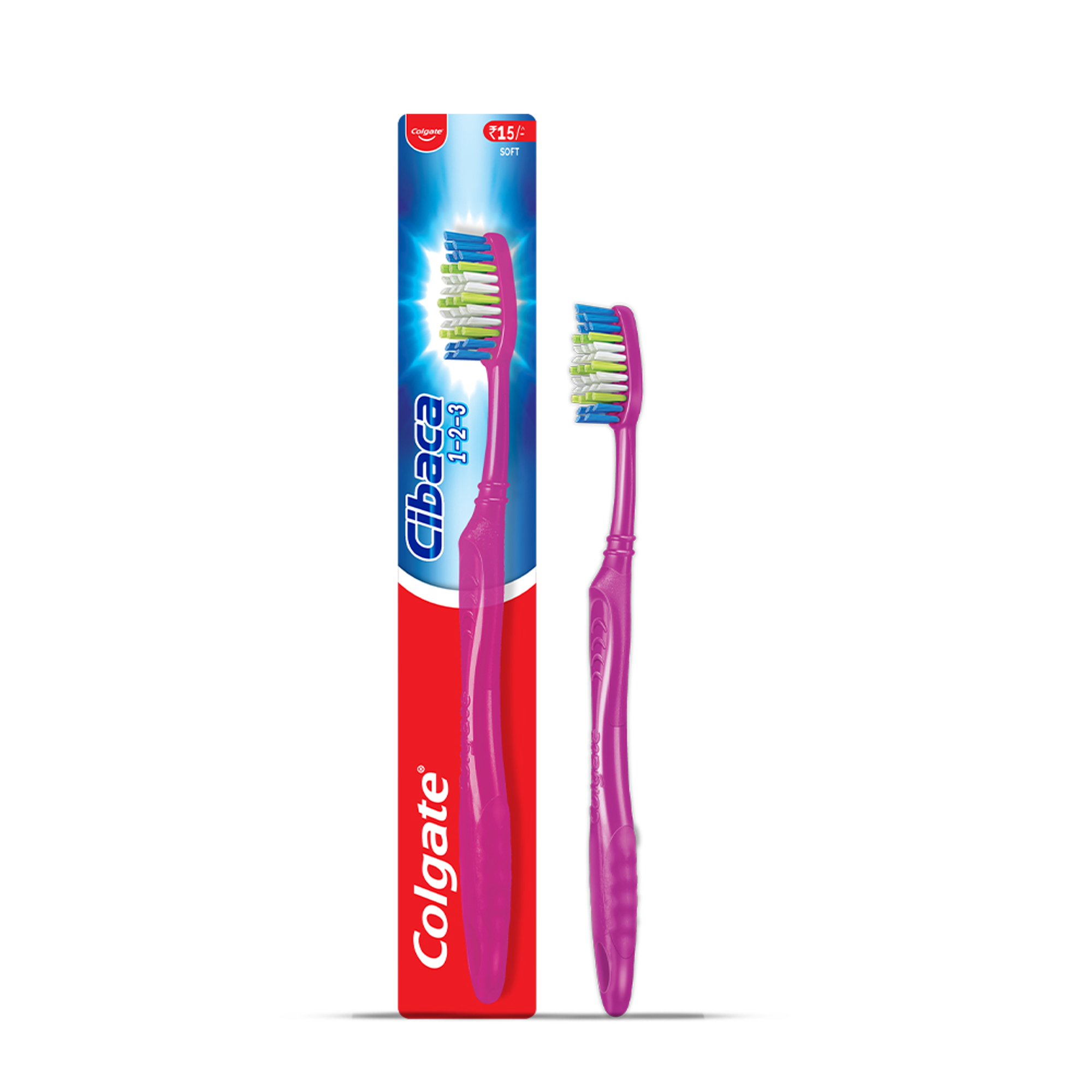-
-

TEETH WHITENING
What Is Stannous Fluoride Toothpaste?Stannous fluoride toothpaste helps prevent cavities, reduce sensitivity, fight plaque, and support daily gum and enamel health.

Selecting Dental Products
Best Toothpaste in India: Five Dentist-Recommended TypesToothpastes today are formulated to meet your every dental need and come in many flavours. Have your dental professional suggest the best toothpaste in India.
-
Science & Innovation
- ORAL HEALTH CHECK
- PRODUCT MATCH
- Colgate® | Toothpaste, Toothbrushes & Oral Care Resources
- Oral Health
- Selecting Dental Products
- Should You Consider a Water Flosser?


Brushing twice a day is essential for good oral health, but flossing is also important. There are many areas that your toothbrush can't easily reach, like between your teeth or along your gumline. Traditional string floss isn't the only way you can clean these hard-to-reach areas. Other products on the market can help with this task, such as a water flosser.
How Water Flossers Work
Water flossers are handheld devices used to remove food particles and plaque from the teeth. Before use, you fill the device with water. When you turn it on, it emits steady streams of water. You can then position the device in your mouth to clean between the teeth and along the gumline.
Reasons to Consider Water Flossing
There are many reasons why people might consider switching to water flossing. Water flossing is a substitute for traditional flossing for people who have difficulty holding string floss. For people with arthritis, Parkinson's disease, carpal tunnel syndrome or other conditions that affect the hands, it can be hard to manoeuvre string floss around the teeth. In these cases, water flossing may be an easier way to clean between the teeth and along the gumline.Dental braces can also make flossing difficult, explains the IDA. People who have trouble flossing around their dental work may benefit from an alternative like water flossing.
Effectivenessof Water Flossing Is water flossing as effective as traditional string floss? A study published in the Journal of Clinical Dentistry reports that water flossing was 29 percent more effective than traditional flossing, with water flossers resulting in more successful plaque removal overall. Another study published in the Journal of Clinical Dentistry concludes that using a manual toothbrush and a water flosser was more effective in removing plaque than using a manual toothbrush and interdental brushes, another flossing alternative.
While these two studies seem like good news for water flossing enthusiasts, it's important to note that the sample sizes were small. Before you replace your tried-and-true string floss with a water flosser, it's a good idea to consult your dentist for advice.
To maintain good oral health, remember to floss once per day. If you have difficulty using traditional string floss, talk to your dentist or dental hygienist about flossing alternatives, like water flossers. With your dental hygienist's help, you can determine the best way to clean between your teeth and achieve a healthy smile.
This article is intended to promote understanding of and knowledge about general oral health topics. It is not intended to be a substitute for professional advice, diagnosis or treatment. Always seek the advice of your dentist or other qualified healthcare provider with any questions you may have regarding a medical condition or treatment.
ORAL HEALTH QUIZ
What's behind your smile?
Take our Oral Health assessment to get the most from your oral care routine
2.3 billion
people worldwide suffer from tooth decay
ORAL HEALTH QUIZ
What's behind your smile?
Take our Oral Health assessment to get the most from your oral care routine
2.3 billion
people worldwide suffer from tooth decay
Related Products

Helping dental professionals
More professionals across the world trust Colgate. Find resources, products, and information to give your patients a healthier future










